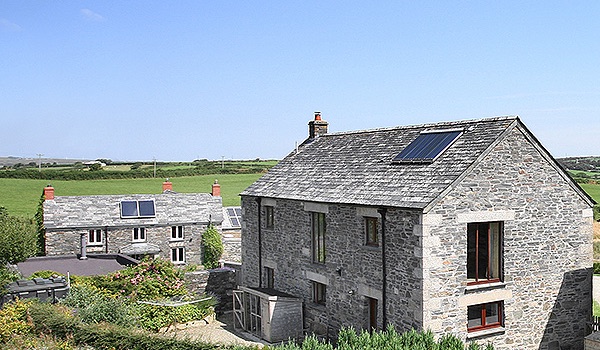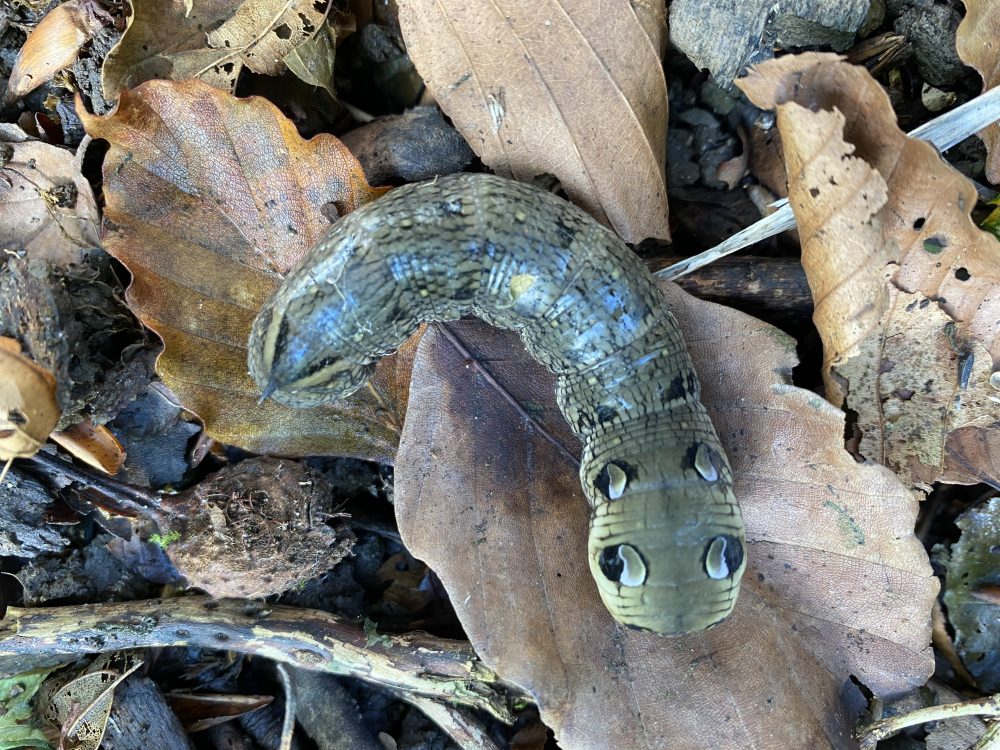Why Are Insects So Important?
Insects make up more than half of the world’s organism species accounting for a huge proportion of our biodiversity. We often talk about the importance of local nature and being respectful to the environment, but we don’t often include bugs in that conversation.
At Helsbury, we have a range of habitats, including our woodland and river, the pond, and the long grass and hedges in the fields. All of these habitats create the perfect homes for all kinds of insect life. Insects play crucial roles in maintaining these ecosystems, serving as pollinators, decomposers, and a vital food source for other animals.
Pollinators
Pollinators, like bees and butterflies, facilitate plant and crop growth, helping maintain food sources for us and other species. They are so important to our natural environment and without them we risk ecological breakdown. Protecting these species is so important and you can help do so by planting native flower species that are good nectar sources and including flowers that bloom throughout a range of seasons. A list of ideal plants can be found here.
Decomposers
Decomposers, such as beetles and ants, break down organic matter, recycling nutrients back into the soil, promoting plant growth. Without these species, we would be inundated with animal faeces and other unpleasant organic waste. Thanks to decomposers, we are able to enjoy a clean and beautiful environment. They also create naturally fertile soils to aid plant growth, reducing the need for chemical fertilisers which can be damaging to ecosystems and pollute water sources. Helsbury is home to a wide range of beetles. You might be able to spot some in our ancient woodland.
Carnivorous insects and arachnids
Carnivorous insects and arachnids, like spiders, help control pest populations maintaining ecological balance. By allowing natural processes to prosper, ecosystems are kept in equilibrium by the species that live in them. Humans disrupt these natural systems through harmful pesticides and other chemical processes. By working with the natural environment, rather than against it, we aim to reduce our use of these pesticides, limiting our harmful impact on ecosystems.
At Helsbury, you may come across soldier beetles which eat other insects, ensuring their populations do not increase too much as this could disrupt the delicate balance of many ecosystems as many bug species eat plants. This means that too many of these species could damage plants, causing ecological harm. This is why carnivorous insects play such an important role. Spiders and dragonflies also help with population control and you are likely to see both of these at Helsbury also.
A food source
Insects also form the base of many food webs, supporting birds, mammals, and other wildlife. Without insects, the environment we enjoy would not exist as they form the foundations for ecosystems to prosper. Without bugs, animals like frogs and small birds would not have a food source. This means larger species, like owls or foxes would also not have food. The negative impact that reductions in insect populations could have on wider ecosystems are potentially devastating.
Many people dislike bugs, but hopefully this helps to shift this view and show why insects are so important and and a staple of our environment. If you want to help maintain bug populations in your local area and do your part for wildlife, visit the Cornwall Wildlife Trust to see what you can do to help.
Send us photos of any interesting insects you find at Helsbury by emailing social@helsburypark.co.uk or tagging us on Instagram @helsburypark.


